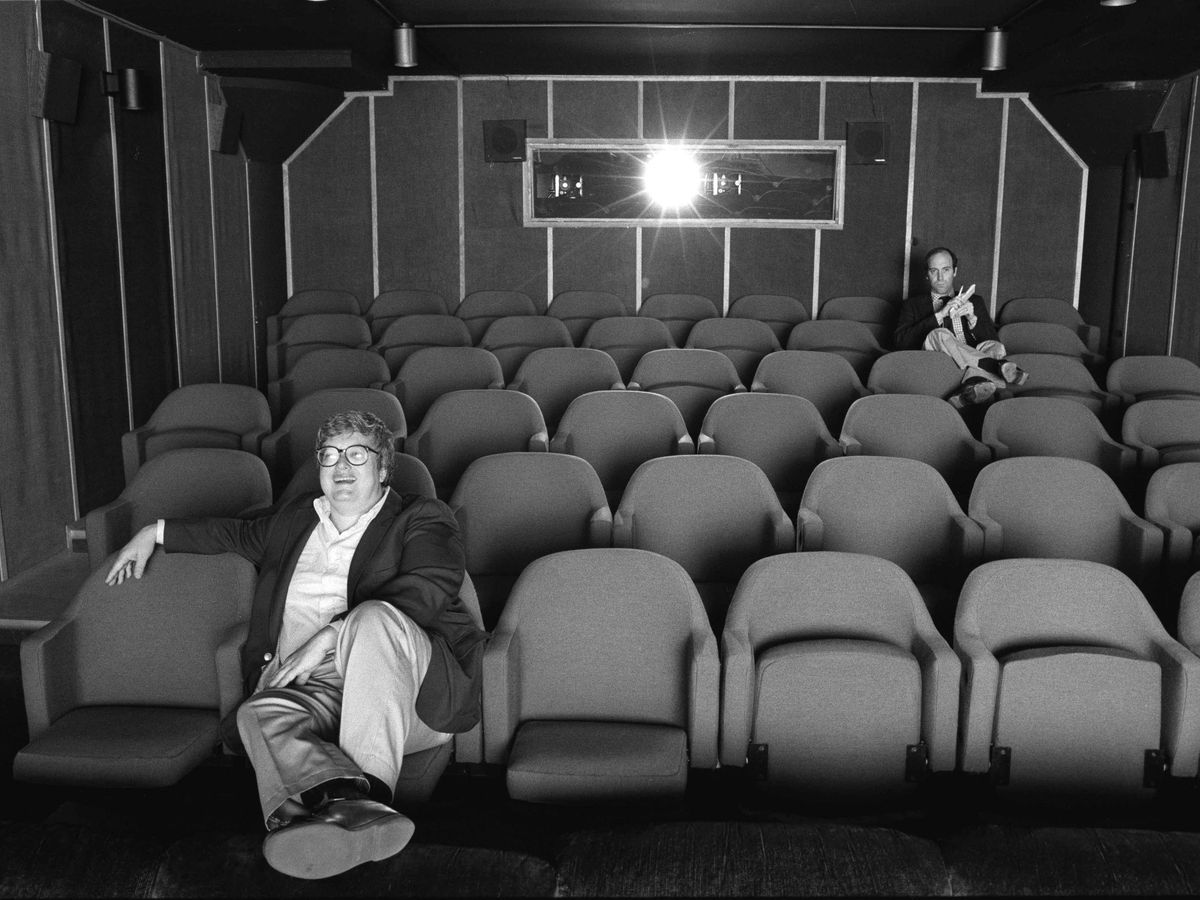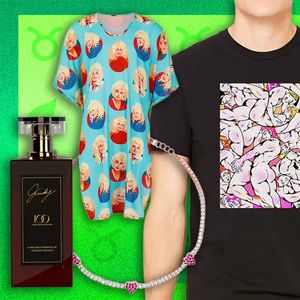Roger Ebert was a groundbreaker, a straight man who had a huge impact on gay filmmaking by championing queer cinema, and a critic who was the first to recognize and cherish that, despite the myth of objectivity, our own life experiences influence our feelings about a film. In the critically acclaimed film, Life Itself, which makes its TV debut Sunday Jan. 4 at 9 p.m. (11 p.m. ET) on CNN, award-winning filmmaker Steve James helps navigate a life lived well but with complexity and optimism. The film, which began as a film version of Ebert's 2012 memoir of the same name is so much more.

Gene Siskel and Roger Ebert in screening room for People Weekly, June 13, 1984 (photo by Kevin Horan)
The film, which follows Ebert literally until his death in 2013, is in contention for an Oscar in the best documentary feature category, in part because of the man at the center of it.
The film feels very much like it was directed by Ebert himself, not just James, the director of Hoop Dreams, who owes early success to Ebert's championing of that film, and helps capture here a loving but honest portrait of the subject. By the time filming began, Ebert was struggling with serious medical issues, and the film captures the sort of pain, exhaustion, and ravages of cancer. He speaks on camera in his own voice, and later a synthized one which he accompanies by writing endless notes and hefty gestures. At one point he's been disfigured by cancer and can no longer eat or drink or speak on his own and yet he remains alert and commanding throughout the film.

Ebert at Cannes Film Festival in 1980 (photo courtesy of Kartemquin Films)
Ebert remains remarkable (and productive) until literally the very end of his life, at one point writing of his existence then, "This is the third act, and it is an experience."

Ebert alone in his wonderfully chaotic office (photo courtesy of Kartemquin Films)
In the film, the legendary Pulitzer-winning critic goes into great detail about his relationship with his famous rival (and partner in TV thumbdom), Gene Siskel, as well as his childhood, his alcoholism (he took his last drink in 1979), and most poignantly his love life. The latter focuses too on his relationship (and wedding at 50) to Chaz Ebert and the impact of being in an interracial marriage.
"Her love was like the wind, pushing me back from the grave," he says in the film, about the remarkable partnership the two had. (Chaz now carries on Ebert's production company.) The film, like their love and like Ebert's career and legacy, is remarkably rich, beautifully illuminating, and fearlessly candid. It's like having one last chance to say goodbye to a man who helped make LGBT lives more visible.

Chaz and Roger Ebert celebrate (photo courtesy of Magnolia Pictures)
Watch Life Itself on CNN, Sunday, Jan. 4 at 9:00pm and 11:00pm ET.























































































